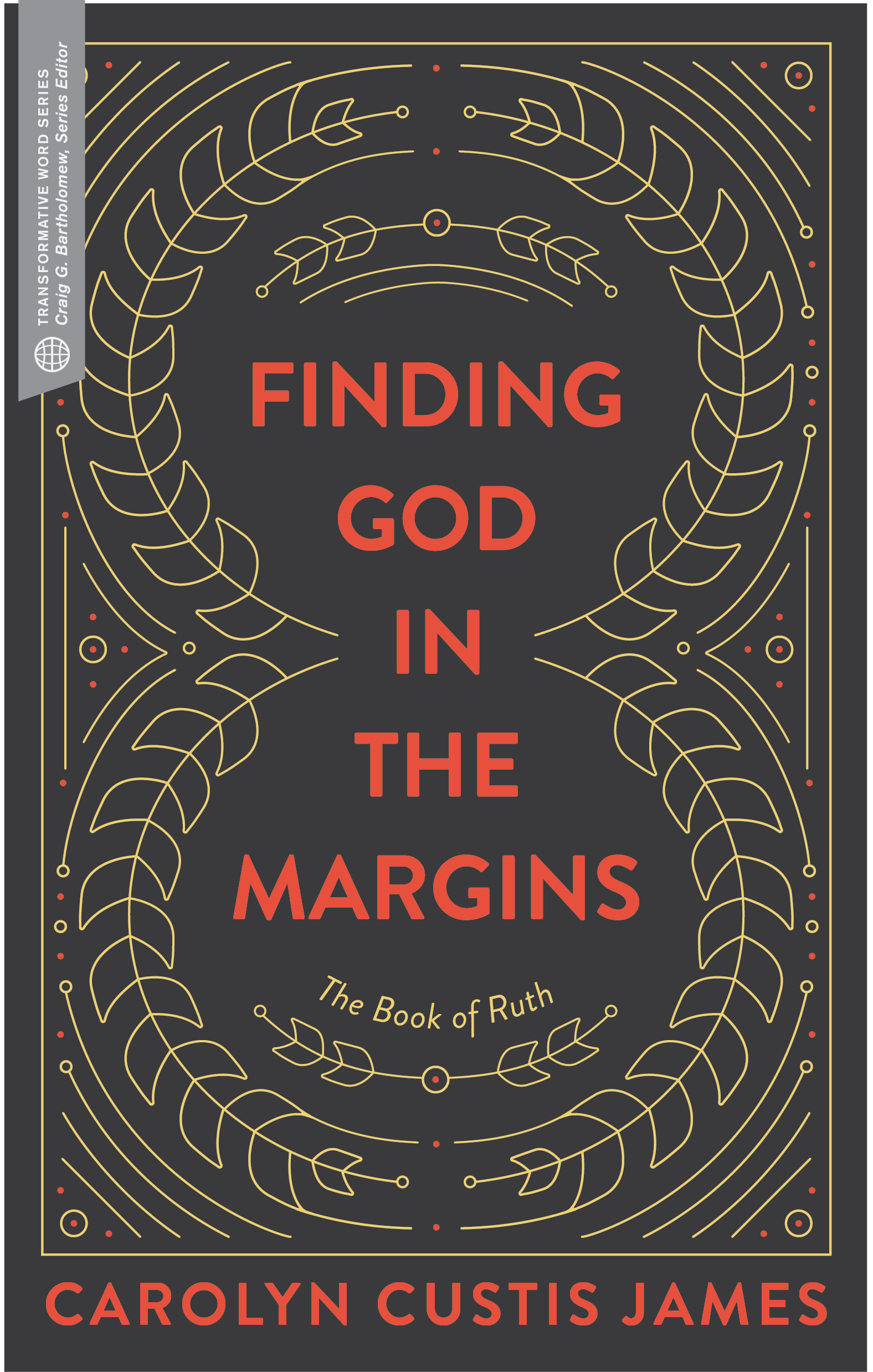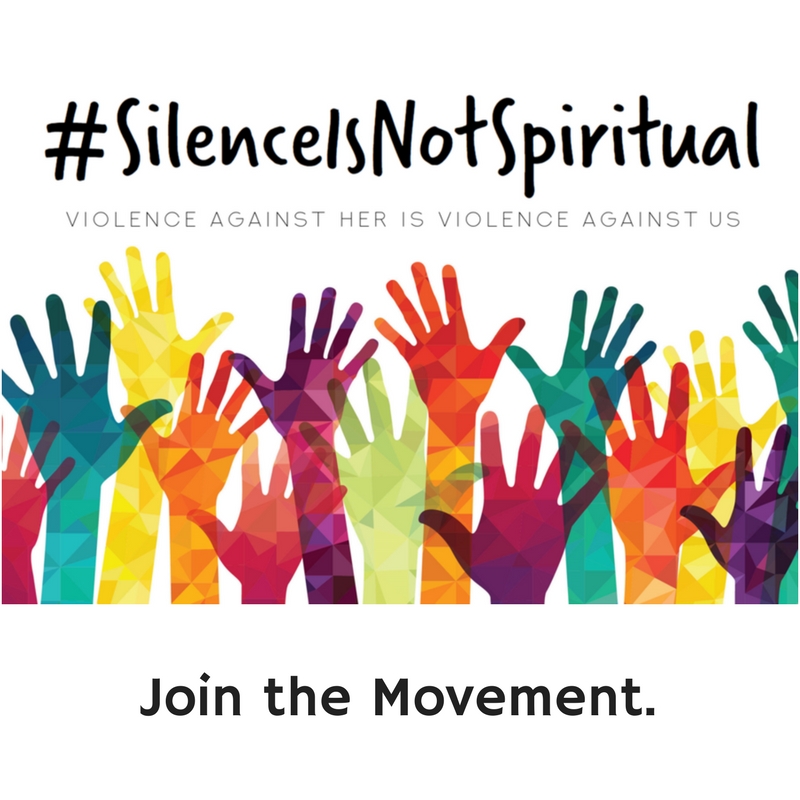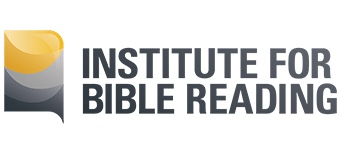 |
| Henry Ossawa Tanner, The Annunciation |
Last week’s online discussion of “The Leadership Ambition Gap” from Sheryl Sandberg’s book, Lean In, reminded me of a predicament I faced a few years back when I was nearly overcome with fear.
I had been asked to give a brief plenary message on the conference theme: “Fear.” Ironically, fear was not only my topic, it became a raging battle inside my heart.
The conference came shortly after the Mt. Hood crisis in Oregon where my brother-in-law Kelly James lost his life, along with his climbing partners Brian Hall and Nikko Cook. That whole week our family’s emotional circuits were overloaded with fear.
I knew conference leaders were interested in hearing about that fear-filled week.
But I was feeling a strong inner urge to talk about a different kind of fear. It was a fear that the conference had overlooked among the wide variety of fears that were addressed. The fear I wanted to include was contained in most of last week’s Lean In comments. It was the fear I was feeling intensely at the time—the fear that causes women to hold back.
Last week’s comments about obstacles to ambition included the fear of being selfish, of conduct inappropriate for a “godly” woman, of being too strong or too opinionated, of messing up in trying to balance work and home, of letting God or family down.
As the conference approached and I weighed my options, fear shaped the internal messages I was hearing. I liked the conference hosts and wanted them to like me in return. I felt the honor of being invited to speak. Would I offend them? Would I be accused of sounding like a liberal feminist? Would I spoil opportunities for other women to speak in future plenary sessions? Would my words rock the boat and upset conferees? Would people criticize and think less of me?
I was leaning toward taking the easy way out . . . until I bumped into my friend Rebecca Gilmer who knew nothing about my dilemma but whose ezer-warrior fightin’ words in a conversation about something else landed squarely in my dilemma. “We need to do whatever God is calling us to do, even if it means standing alone.”
I was cornered. I knew what I had to do.
The conversation with Rebecca didn’t alleviate my fears. It merely meant I had to overcome them. What fueled my courage as I prepared was noting how often the words “Fear not” (or their equivalent) are spoken to a whole line-up of women in the Bible right when God was calling them to step out of their comfort zone to do something ambitious (and culturally outrageous) for God’s kingdom. And to put things in perspective for me, the level of fear they experienced was often because the consequences for their actions could be life-threatening.
Audacious Mary of Nazareth
Jesus’ own mother was the first female in the New Testament to hear the words “Fear not” when the angel called her to do something “inappropriate for a godly woman”—agree to an out-of-wedlock pregnancy. The angel’s “Fear not” wasn’t just for poetic effect. This young teenager had reason to fear both the angel and the consequences of the job she was being called to do. In the ancient culture, this kind of pregnancy was not considered a misstep, but a violation of family honor that must be answered and was punishable by shunning, divorce, or death. Yet Mary didn’t give fear the final word, but risked her life to answer God’s call.
Trailblazing Mary of Bethany
Mary of Bethany broke through a glass ceiling of her day when she made the bold decision to sit at the feet of Rabbi Jesus and learn along with the men. In her interactions with Jesus she became a magnet for criticism both from men and from women. But reading between the lines of Jesus’ repeated defense of her, the message of “Fear not” comes through loud and clear. “Fear not” was embedded in Jesus defense of her choice to forgo kitchen duty to learn from him as “the better choice.” She heard it again when she affirmed his mission by anointing him for his burial and he issued a thundering rebuke to her male critics, “Leave her alone! She has done a beautiful thing to me.”
Women Proclaimers of the Gospel
And who can forget the women at Jesus’ tomb who were the first eyewitnesses of his resurrection. You’ve heard it before many times, I feel sure. But in the first century culture, women were not considered credible witnesses. So the women needed to hear that firm “Fear not” when they were commissioned to use their voices by taking the most important message ever to their brothers—a message that would cause the men to roll their eyes and think the women were nuts.They used their voices anyway.
Rewind to the Old Testament, and there are plenty of stories of women facing down their fears.
Esther the Bold
Esther’s fear was in the realm of politics, power, and a threatened genocide. Mordecia’s ultimatum was a direct challenge for her to step out alone and break the law by initiating an uninvited meeting with the king—action that was a capital offense.
“Do not think that because you are in the king’s house you alone of all the Jews will escape. For if you remain silent at this time, relief and deliverance for the Jews will arise from another place, but you and your father’s family will perish. And who knows but that you have come to royal position for such a time as this?”
Those are Rebecca Gilmer ezer-warrior fightin’ words, and Esther accepted the challenge. Her actions resulted in career advancement for both her and for Mordecai. No longer existing solely for the king’s pleasure, Esther moved into a position of powerful influence in the empire.
Ruth the Initiator
Ruth the Moabitess had to throw off layers of fear as a defenseless widow and an immigrant outsider in Bethlehem. But despite the risks to a lone woman, she entered the workplace to bring home the bacon (actually it was barley) for Naomi. Twice she faced the powerful Boaz and twice with outrageous proposals that involved reinterpreting the Mosaic law he’d been raised on—first to bend the gleaning laws to insure Naomi would be well fed and second to join her plan to rescue Naomi’s family by giving birth to a son. Ruth’s story was a total game changer for me and not at all the Cinderella version we’re usually taught. (For more, read The Gospel of Ruth: Loving God Enough to Break the Rules.)
Boaz never called her “bossy.” He didn’t accuse her of being “selfish,” “too strong” or “opinionated,” even though her initiatives crossed the line of “appropriate behavior for godly women,” pushed Boaz out of the box, and required him to make sacrifices too.
Boaz was a man’s man—big enough to listen and to learn from her. Boaz said “Fear not” to Ruth and did everything in his power to promote her righteous cause.
Embracing A Fear-less Legacy
The Bible doesn’t teach us to keep looking over our shoulders to see if others approve of us or to second guess ourselves when we see an opportunity to do more or to rise to the next level in the work God has given us to do. We’re told to fix our eyes on Jesus, to love God with every fiber of our being and give ourselves wholeheartedly to his purposes.
That includes shedding fear and embracing challenges and opportunities in the workplace.
Which is why Sandberg’s question is so on target. “What would you do if you weren’t afraid?”
If you missed last week’s discussion, you can still add your comments: “The Leadership Ambition Gap”
Join us tomorrow for Chapter 2: Sit at the Table.















Needed to hear this on so many levels. Thank you!
LikeLike
Thank you for this today. It's so easy to acquiesce to the fear. The “Lean In” discussion is very good. Thank you for initiating it.
LikeLike
I forwarded this to my 2 daughters in their 20's, and pray that they and the 4 granddaughters all grow into their ezer identity – becoming who God says they already are.
And I can't recommend The Gospel of Ruth highly enough. It changed my life.
Thank you, Carolyn. Enjoying your Reflections and feeding off of them to nourish myself for what God is asking me to do as an ezer.
LikeLike
So glad this post is encouraging others. Those women's stories do the same for me.
LikeLike
Carolyn,
Thanks for this great post. I've posted a link on the InterVarsity staff facebook page so our women staff can enjoy it as well.
Blessings, Donna Wilson, InterVarsity
LikeLike
Thanks Donna. I'm grateful to participate in cheering IV staff women on! I hope the encouragement of this post trickles down to the students too.
Let me add that one of the most encouraging experiences I've had was at the Cedar Campus Leadership Training Institute when the men gathered around the women and prayed for their ezer-sisters to be strong and courageous. I'll never forget it!
LikeLike
Last fall, I wrote a 12 week study of brave, bold women leaders of the Bible. Inspired by your book, Carolyn (as well as Alice Matthews & Scot McNight), I discovered other women besides the ones you listed above, who inspired me to trust God more, stand up for right and go against the mold. The five daughters of Zelophehad, Rizpah, Tamar and Abigail also confirmed that women can do more and have greater influence that we are often given credit for. I was also encouraged by the Blessed Alliances of Miriam and her brothers, Deborah and Barak, Esther and Mordecai, Jehoseba and Jehoida, Priscilla and Aquila and Junia and Andronicus. Thank you for sending me on my journey.
LikeLike
Pingback: Lean In: Seek & Speak Your Truth | Carolyn Custis James
Pingback: Lean In: Working Together Toward Equality | Carolyn Custis James